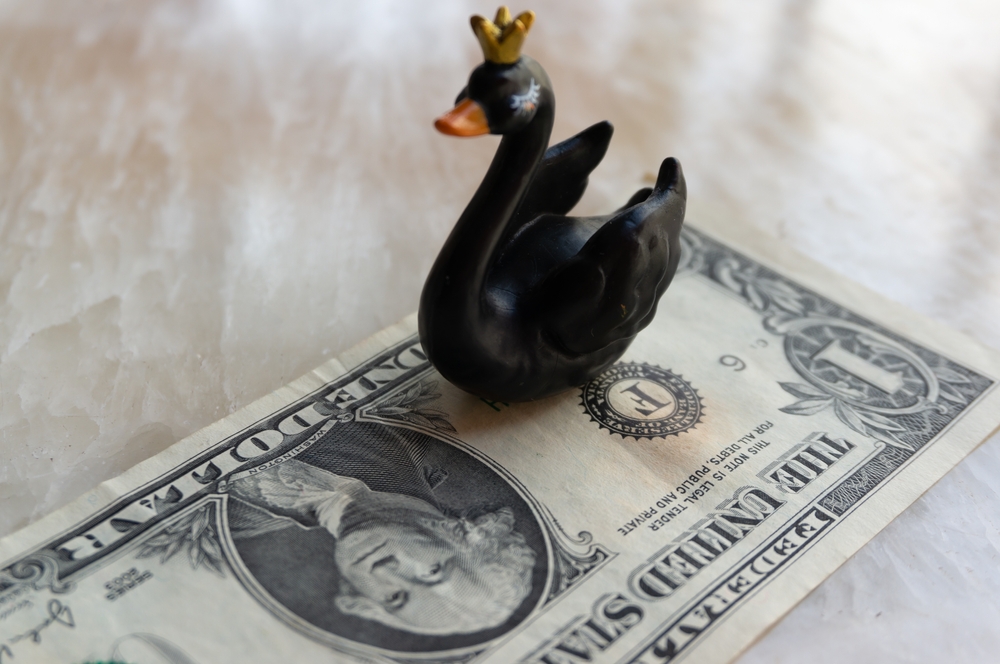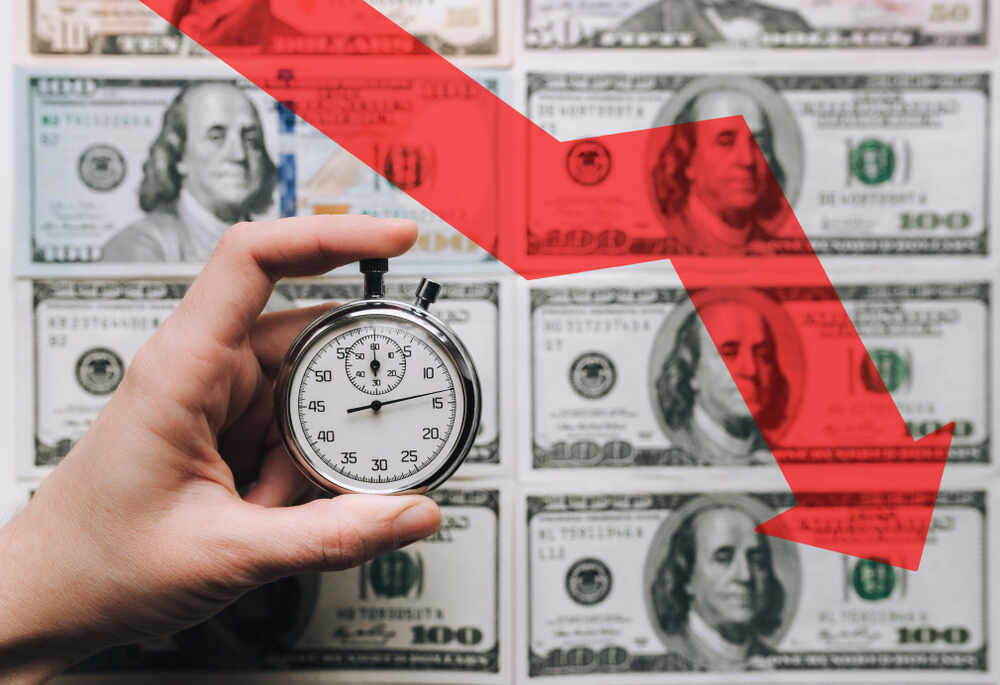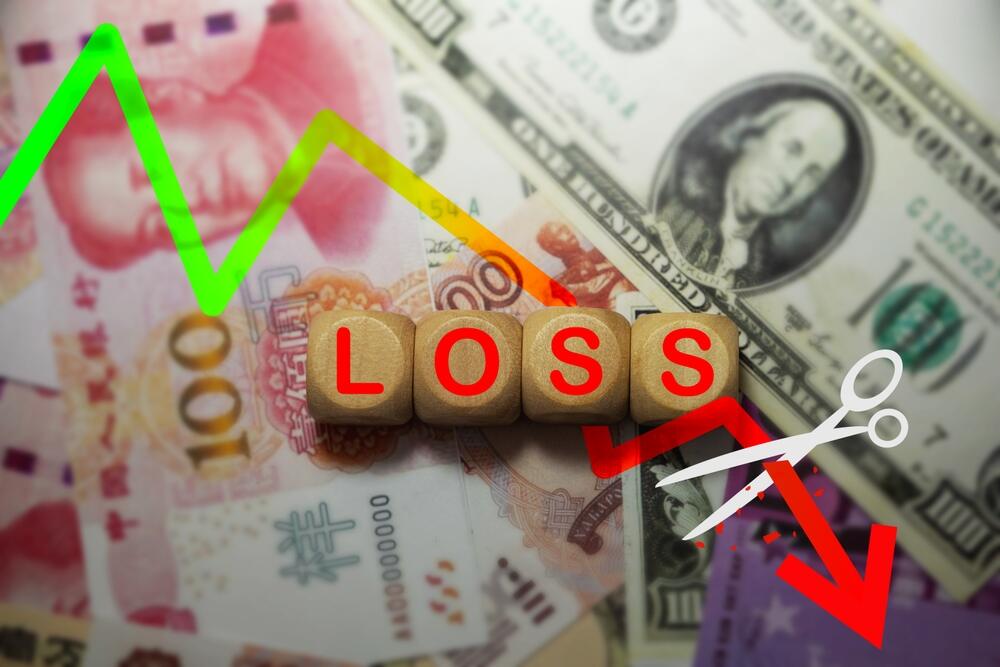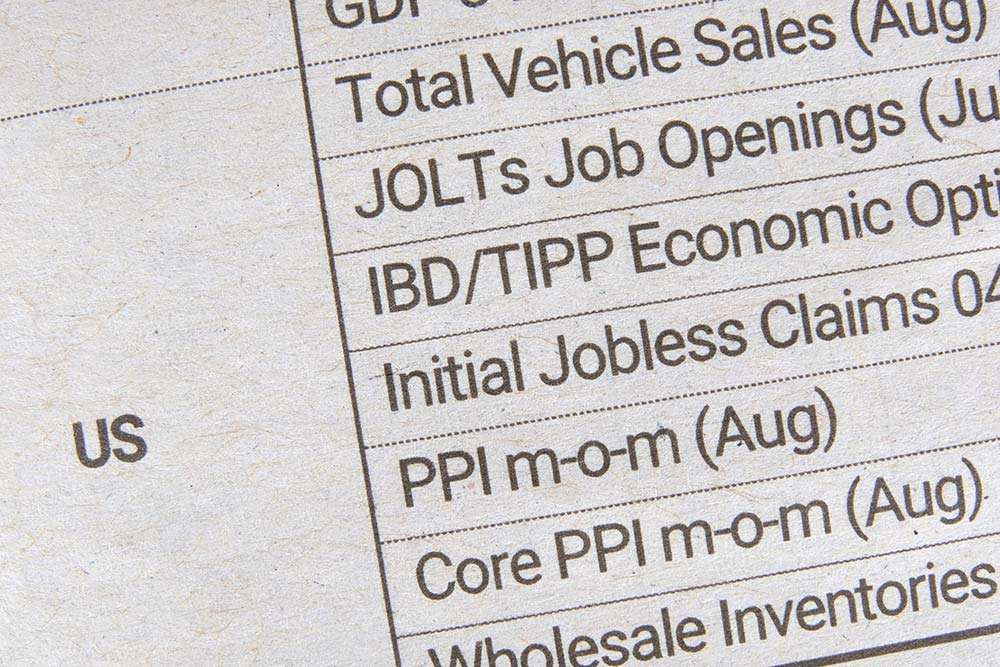Why Does the Market Hate September?
There are a lot of adages in Wall Street, like “Sell in May and go away,” which refers to traders taking off for the summer. It implies the market will tank as a result.
That wasn’t the case this year, as we are now approaching 53 new record highs for 2021!
Another adage is “Beware September.”
Here is a snippet from Investopedia…
One of the historical realities of the stock market is that it typically has performed poorest during the month of September. The Stock Trader’s Almanac reports that, on average, September is the month when the stock market’s three leading indexes usually perform the poorest. Some have dubbed this annual drop-off as the “September Effect.”
September can be tough because it is when a couple of things converge. First, traders are back from summer holidays, and they are looking to take profits or sell losing positions, which can pressure the market. Second, it is when many mutual funds close out their fiscal year – and they don’t want losers on the books. They want to lock in winners.
Since 1950, the Dow Jones Industrial Average has averaged a decline of 0.8%, while the S&P 500 has averaged a 0.5% decline during the month of September.
Now, those are average declines over a 70-year period. We know that averages are a broad picture. So you have to assume that some Septembers are really, really horrible.
If this September is one of the really bad ones, what are you doing to prepare?
After all, if you have no plan, then you’re going to miss out on preparing and benefiting.
Here’s what you should do now:
- If you are heavy in any one stock, consider switching to Long-Term Equity Anticipation Security (LEAPS) options and take 80% to 90% of your money off the table. You still have a huge upside but less risk.
- You can also use shorter-term options to cover you for the next few months.
- Sell calls against your positions. Covered calls generate income and also cushion a downside move.
- Buy put options on the indexes or tech stocks that fare worse than nontech stocks.
- Raise some cash, because if we get a dip of 5% or more, you’ll want dry powder to deploy.
- Dip your toes into double- and triple-down exchange-traded funds – but be careful here. They reset daily, and if a downtrend doesn’t develop, you will lose money fast.
- Breathe. Market corrections are healthy, and dips should be bought if you are a long- term investor. This market is still in a bull phase, and as long as the Fed is printing money and the government is spending trillions, investors will keep looking to the market to protect against inflationary pressures.
Action Plan: In The War Room, we address these types of concerns by using all of the instructions above… and we do it in real time – when we can react immediately to crisis or opportunity. Instead of sitting in front of your screen alone, wondering or panicking… join our elite group now and be ready for any occurrence!
More from Trade of the Day
My Favorite Way to Hedge Choppy Markets
Apr 25, 2024
The Story Behind My 10 Bagger on RILY
Apr 25, 2024
A Silver Lining From Last Week’s Underperformance
Apr 24, 2024
How One Conversation Led to $100,000
Apr 23, 2024



























